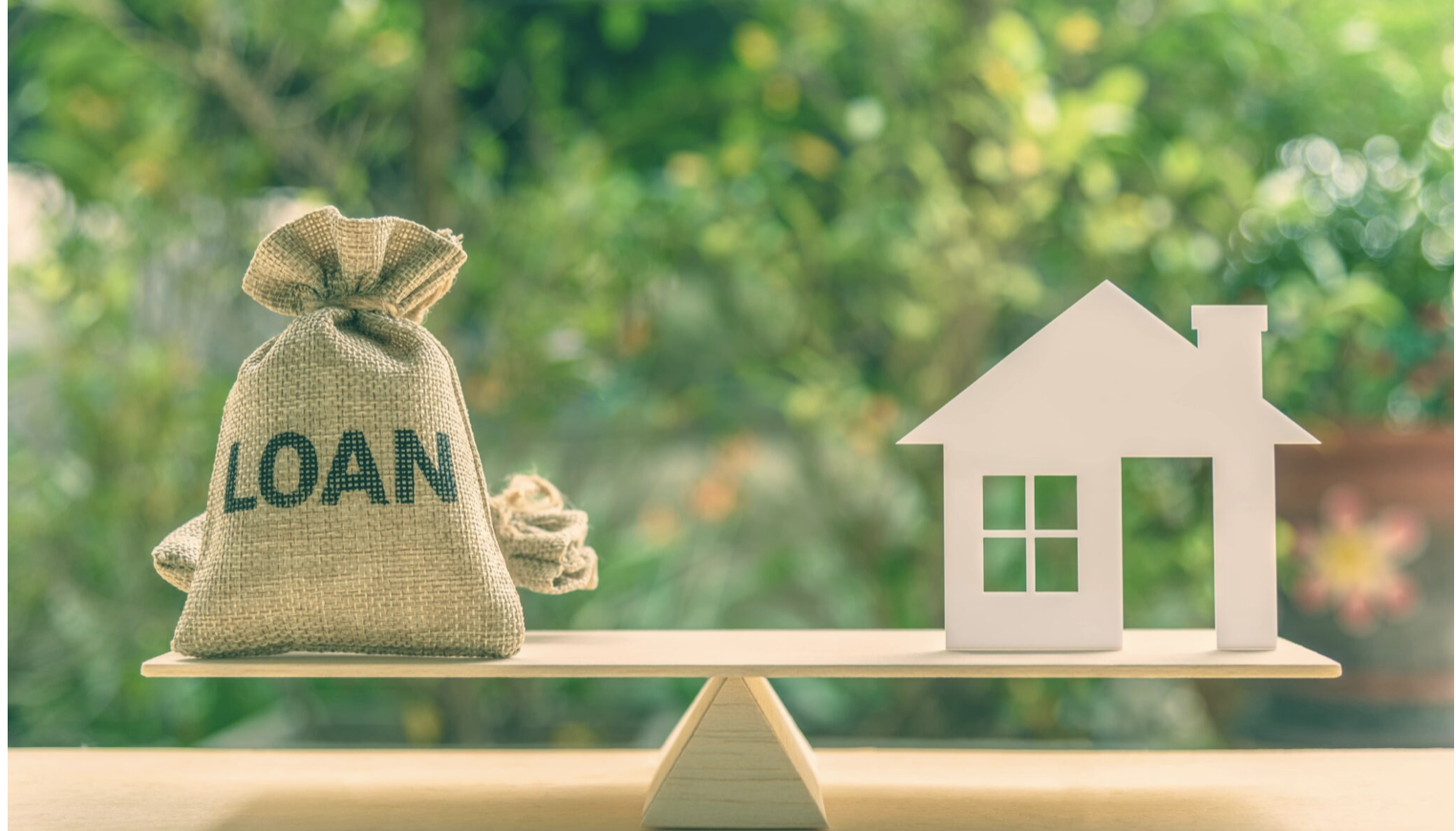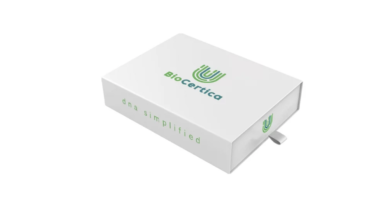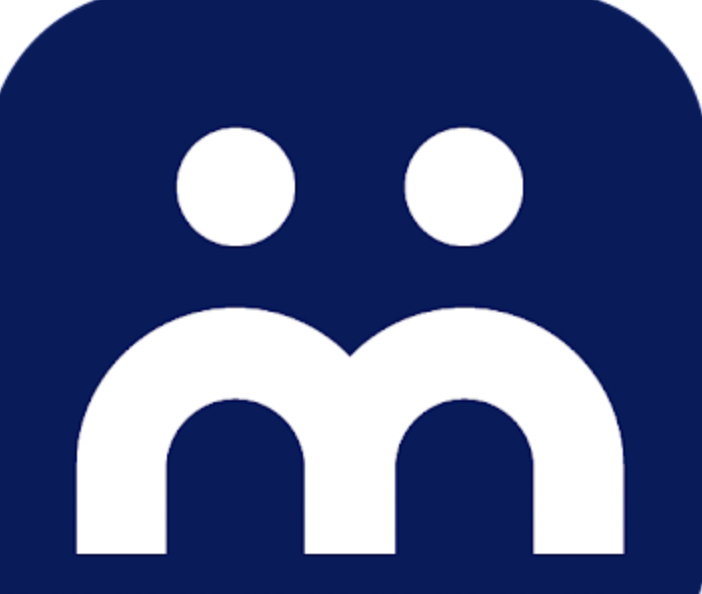Home Loan Requirements for South Africans

Securing a home loan is never easy, but it’s challenging for South Africans who need help understanding the specific requirements. According to economic analysts, the cost of borrowing money in South Africa can now be up to 7 percentage points higher than in other countries, making owning a property more challenging. However, if you’re looking to buy your first home or refinance an existing one, understanding the various home loan requirements in South Africa and how they apply to your circumstances can help you make better decisions and ultimately achieve success. This blog post will discuss everything from documentation to interest rates and fees so that you are well-equipped when entering into any home loan agreement.
Overview of Home Loan Requirements for South Africans:
Documentation:
To secure a home loan, you must provide various documents that prove your income and creditworthiness. These include but are not limited to, recent payslips, bank statements, identity documents (ID or passport), proof of address, and any other financial records demonstrating your ability to make regular repayments.
Credit Score:
Your credit history is also considered for a home loan application as it reveals how reliable you are when paying back money owed. A good credit score will reflect positively on the decision-making process. In contrast, a poor one may result in more stringent conditions being applied or even a rejection from the lender altogether – so be sure to build up your credit record before applying.
Interest Rates & Fees:
Depending on their circumstances, borrowers often encounter different interest rates and fees, so shopping around for the best deal is essential. In South Africa, the base lending rate (BLR) is 7 percent plus an additional margin that can range from 0.5-4 percent, depending on the lender in question and the borrower’s risk profile. Other charges, such as initiation fees or insurance requirements, should also be considered when selecting a home loan package.
Repayment Options:
The repayment options available to you will depend on your income/assets and other financial responsibilities, but there are generally two main types – fixed repayments or variable installments. Fixed repayments offer more security as the monthly payments remain unchanged over the entire loan term, whereas variable installments may change depending on interest rates or other economic conditions.
Understanding these home loan requirements for South Africans can be difficult, so it’s essential to consult a financial adviser or home loans consultant who can guide you through the process and help ensure you make an informed decision. With the proper knowledge and understanding of your circumstances, securing a home loan in South Africa is achievable and worth exploring.
Types of Home Loans Available in South Africa:
1.Fixed-Rate Home Loans:
These are the most common home loans available in South Africa and typically offer a locked rate over up to 20 years. As mentioned earlier, fixed-rate home loans offer more security as the monthly repayments remain constant throughout the loan term, making them ideal for borrowers who want to ensure that their budget is not subject to any external fluctuations.
2.Variable Rate Home Loans:
Unlike fixed-rate home loans, variable ones tend to be more flexible as interest rates can fluctuate depending on market conditions or other factors. This option is better suited for those with higher incomes and more excellent financial stability as it allows them to take advantage of any potential drops in interest rates, which could ultimately reduce their overall repayment amount.
3.Flexible Home Loans:
These are a type of loan designed to give borrowers greater control over their finances by allowing them to adjust repayments as and when it suits them. With this option, borrowers can make additional payments (which will lower the total interest paid on the loan) or pause their installments for a certain period if necessary – making them useful for those with unpredictable income or financial commitments.
4.Bridging Home Loans:
This short-term loan is used to finance an interim purchase before money from another source becomes available, such as moving from one property to another or taking out an additional mortgage to cover renovations/expansion costs. Depending on the lender’s specifications, the loan is generally repaid within a year or two.
It is important to note that each home loan option will come with its terms and conditions, so it’s essential to understand the details before signing any documents. Speak to your bank or financial adviser if you need help deciphering which type of home loan best suits your needs.
Qualifying Criteria for Applying for a Home Loan in South Africa:
To qualify for a home loan in South Africa, you must meet specific criteria by lenders. Generally, borrowers are expected to have
- a steady income
- a good credit score
- over 18 years of age
- Proof of employment or other sources of income (such as investments).
Depending on the borrower’s financial situation, there may also be restrictions on the amount that can be borrowed – with most banks capping it at 4-5 times their annual salary.
There are still options available for those who still need to meet these requirements. Still, they may require additional security, such as having someone co-sign the loan agreement or providing collateral (typically property) as assurance that the debt will be repaid. It’s important to consider all factors before proceeding with any decision to ensure that the best outcome is achieved.
Documents Needed to Apply for a Home Loan in South Africa:
When applying for a home loan in South Africa, you’ll need to provide specific documentation that will help the lender assess your eligibility and decide whether or not to approve your application. This will include the following:
- Proof of identity (such as an ID card or passport)
- Proof of address (such as a utility bill or rental agreement)
- Bank statements from the past two months
- Employment letter confirming salary, job title, and length of service• Pay slips from the past three months
- Assets owned, such as vehicles, investments, or savings accounts
These documents will enable lenders to understand your financial situation and verify that you have enough income to cover repayments each month comfortably.
How to Find the Best Interest Rates on Home Loans in South Africa?
Finding the best interest rate for a home loan in South Africa involves comparing different lenders and products to discover which option offers the most favorable terms. When comparing different providers,
- Look at the Annual Percentage Rate (APR) of each to indicate how much you’ll be paying back over the life of the loan. Lower APRs are more attractive as they represent savings in both monthly payments and total repayment amounts.
- It is also essential to factor in any additional fees or charges associated with each product – such as early repayment penalties, application costs, and valuation fees – as these all affect the overall cost of the loan.
- Check your credit score before applying for a home loan, as this can affect the interest rate offered. A higher score means you may be eligible for better rates, so it’s worth taking the time to understand your creditworthiness.
Tips and Strategies to Get Approved for a Home Loan Quickly:
Getting approved for a home loan quickly is possible but requires careful planning and preparation. Here are some tips to help you speed up the process:
Create a budget and review your finances: This will indicate what kind of loan you can afford to apply for.
Make sure all your documents are in order: before submitting your application, ensure that all the required documents are collected and ready to review by the lender.
Consider pre-approval: if you want to secure a loan quicker than usual, consider applying for pre-approval, which will provide conditional approval before making any offers on properties. By following these steps, you’ll increase your chances of being approved for a home loan quickly and efficiently.
Conclusion:
Applying for a home loan in South Africa can be a daunting prospect. Still, by understanding the process and preparing all necessary documents in advance, you’ll give yourself a better chance of securing the financing you need. It’s also essential to compare different lenders to find the most suitable product with an attractive interest rate. By following these steps, you can get approved for your loan quickly and efficiently.
FAQs:
Q: How do I know if I’m eligible for a home loan in South Africa?
A: Eligibility requirements differ from lender to lender, but generally speaking, you’ll need to be over 18 years of age and a legal resident of South Africa. You should also have sufficient income to make the monthly repayments and possess valid identification documents. Q: Which documents are needed when applying for a home loan in South Africa?
A: When applying for a home loan in South Africa, you’ll need to provide specific documentation that will help the lender assess your eligibility and decide whether or not to approve your application. This will include proof of identity, address, bank statements, employment letters, payslips, and other documents.




